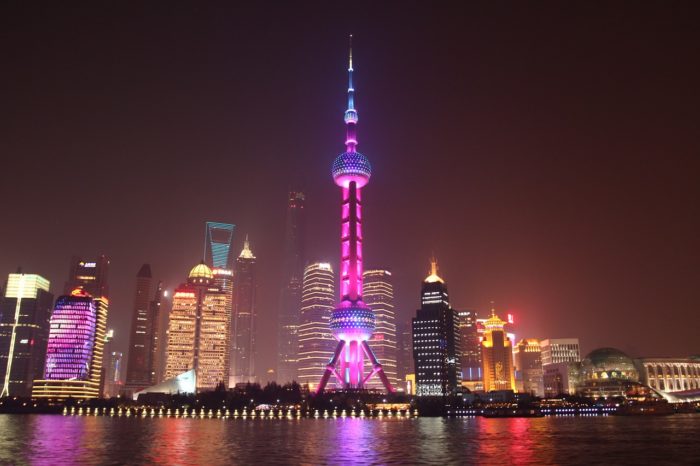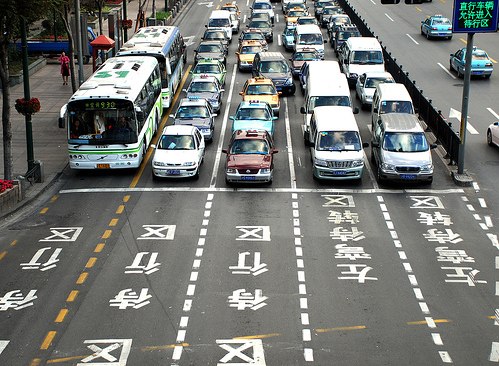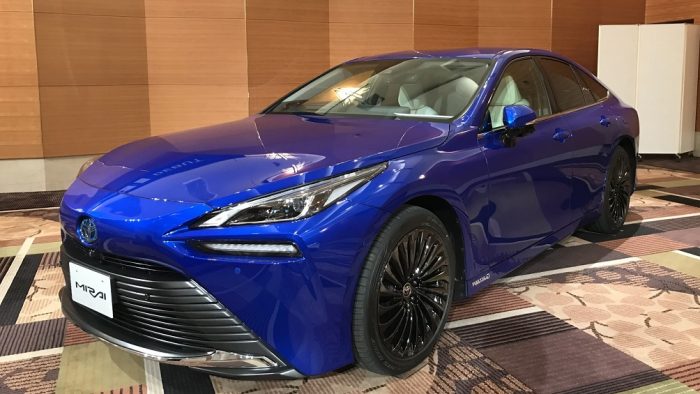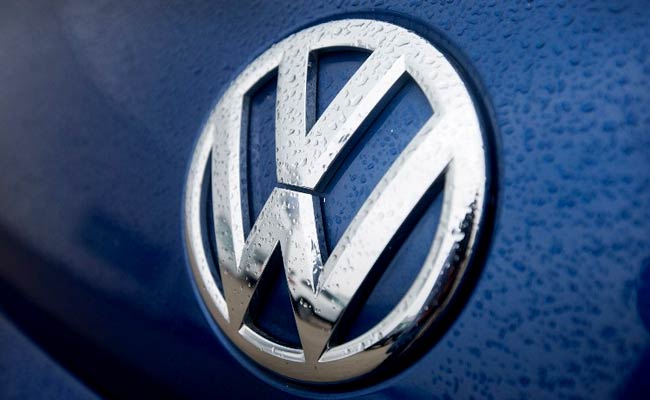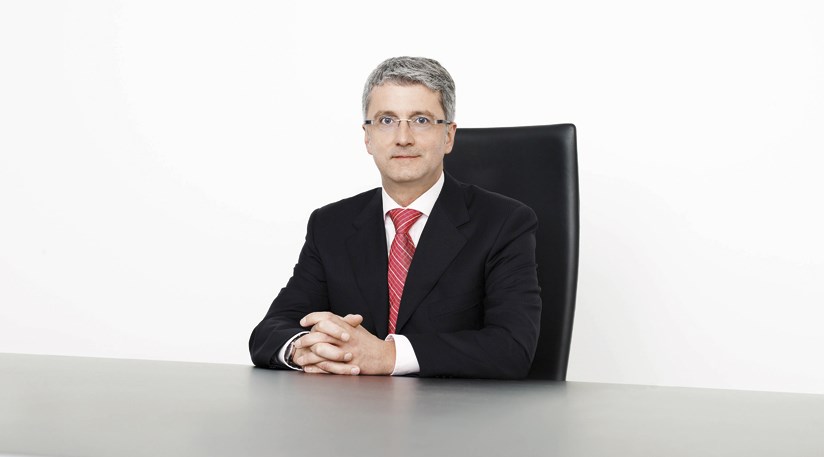Now Reading: China regulations force Toyota into electric U-turn
-
01
China regulations force Toyota into electric U-turn
China regulations force Toyota into electric U-turn
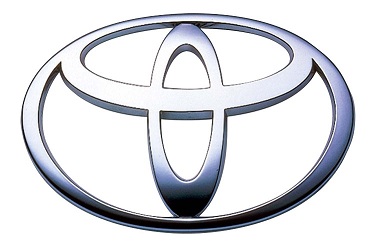
The automobile market’s apparently inexorable drive to electric vehicles – and particularly Chinese polices promoting new energy vehicles – has forced Toyota Motor, the world’s 2nd largest automaker by sales, into what one executive regards as “agonizing” strategy U-turn.
Till recently, Toyota was among the industry’s major hold-outs versus complete electrification, and prepared to basically skip all-electric battery vehicles and turn instead to hydrogen as a mainstream option to gasoline-fueled automobiles.
Toyota Chairman Takeshi Uchiyamada, father of the gasoline-electric hybrid Prius, informed Reuters in 2013 that the hydrogen car was a “practical alternative” to the conventional combustion engine, and if there was any use for the electric vehicle (EV), it was “only as a neighborhood errands car”.
Fast-forward to late in 2016, and Toyota said it had started developing a long-range all-electric battery automobile, which industry experts say must enter the marketplace around 2020. The Japanese company has put its CEO, Akio Toyoda, in charge of a new unit named the EV Business Planning Department.
One Toyota executive, who wished to remain anonymous stated the strategy about-turn was painful and heart-wrenching.
Toyota had for some time forecasted standard hybrids and plug-in hybrids would be a medium-term way to hydrogen-powered vehicles of the future.
Stay Informed With the Latest & Most Important News
Previous Post
Next Post
-
 01Polestar Boss Says It’s Time To Outrun BMW M And Mercedes-AMG
01Polestar Boss Says It’s Time To Outrun BMW M And Mercedes-AMG -
 02Spy Shots: 2027 Mitsubishi Pajero Spotted in Testing Ahead of Possible U.S. Return
02Spy Shots: 2027 Mitsubishi Pajero Spotted in Testing Ahead of Possible U.S. Return -
 032026 Toyota Hilux EV: A Powerful Truck with Silent Torque
032026 Toyota Hilux EV: A Powerful Truck with Silent Torque -
![2027 Mercedes-Benz S-Class Debuts with V8 Engine [Photo Gallery]](https://speedlux.com/wp-content/uploads/2026/01/2027-Mercedes-Benz-S-Class-33-155x125.jpg) 042027 Mercedes-Benz S-Class Debuts with V8 Engine [Photo Gallery]
042027 Mercedes-Benz S-Class Debuts with V8 Engine [Photo Gallery] -
 052026 Corvette ZR1 Production Surges Past Expectations as Output Clears 1,000 Units
052026 Corvette ZR1 Production Surges Past Expectations as Output Clears 1,000 Units -
 06Spy Photos: VW ID. Polo GTI Goes Electric with 223 HP and 280 Miles of Range
06Spy Photos: VW ID. Polo GTI Goes Electric with 223 HP and 280 Miles of Range -
 07Hyundai Palisade’s Breakout Year Shows How Quickly the Market Can Turn
07Hyundai Palisade’s Breakout Year Shows How Quickly the Market Can Turn



![2027 Mercedes-Benz S-Class Debuts with V8 Engine [Photo Gallery]](https://speedlux.com/wp-content/uploads/2026/01/2027-Mercedes-Benz-S-Class-33-700x394.jpg)




































